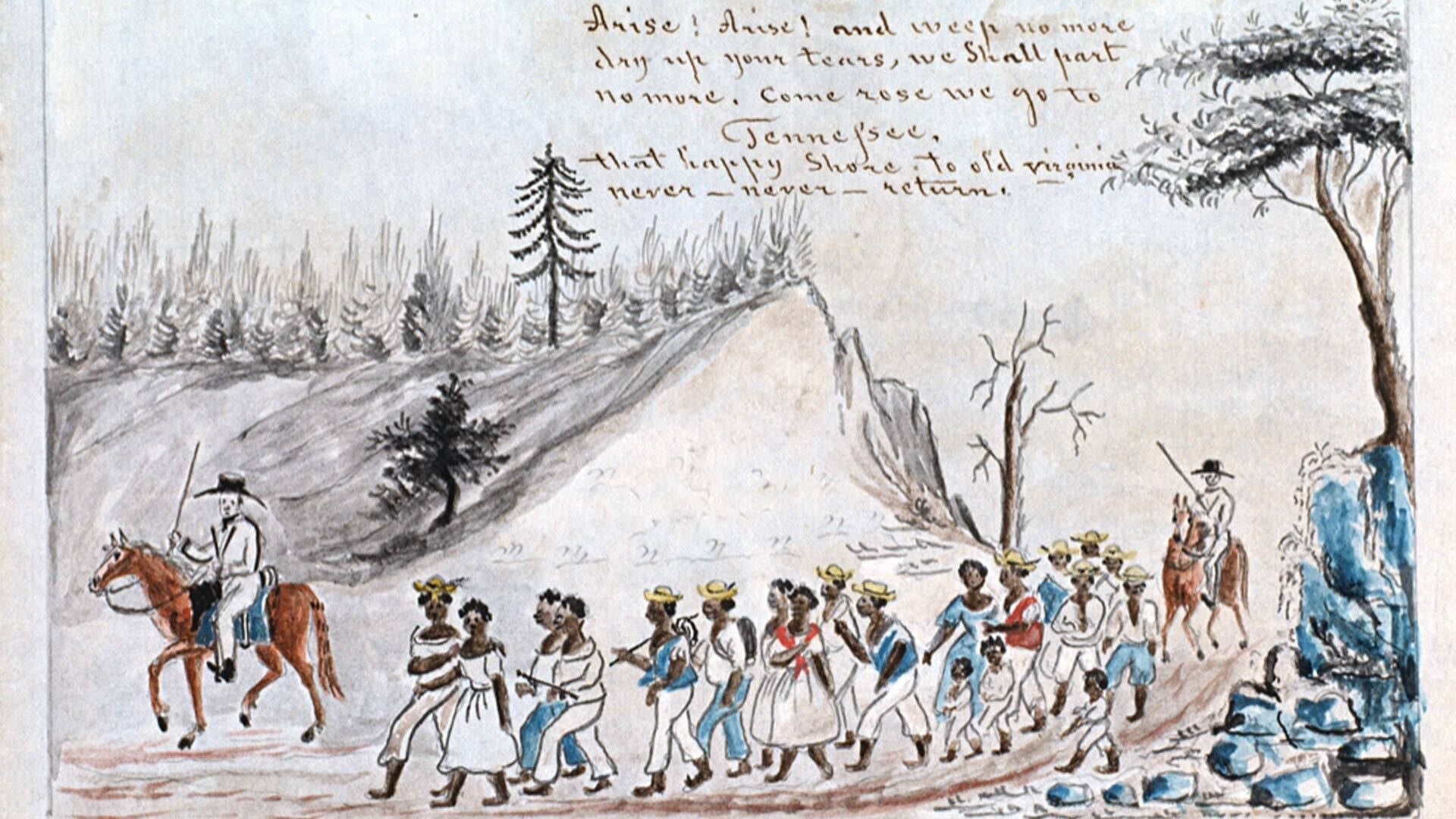- November 11, 2019
- By Richard Bell
While the release last week of the film “Harriet” gives the biopic treatment to the best-known operator on the Underground Railroad, UMD history Associate Professor Richard Bell suggests that many other stories about freedom seekers need to be told.
In his new book “Stolen: Five Free Boys Kidnapped Into Slavery and Their Astonishing Odyssey Home,” UMD history Associate Professor Richard Bell reveals the little-known story of a “Reverse Underground” railroad that operated with impunity in the decades preceding the Civil War.
Though the heroic stories of African American freedom-seekers have been the subject of television shows, museums, walking tours and a whole catalog of books, it took until this month for Harriet Tubman, the most famous conductor on the Underground Railroad, to get top billing in a movie. But the release of “Harriet” doesn’t complete the story of the journeys that slaves made between the North and South.
We’re still missing out on vital cultural depictions of the Reverse Underground Railroad, the criminal network of human traffickers and slave traders who stole away tens of thousands of free African Americans from the Northern states to sell them into slavery in the Deep South. Without that half of the story, we can’t possibly understand what life was like in the North for ostensibly free black people—and how tenuous their liberation could be.
Read the full essay in The Washington Post.
